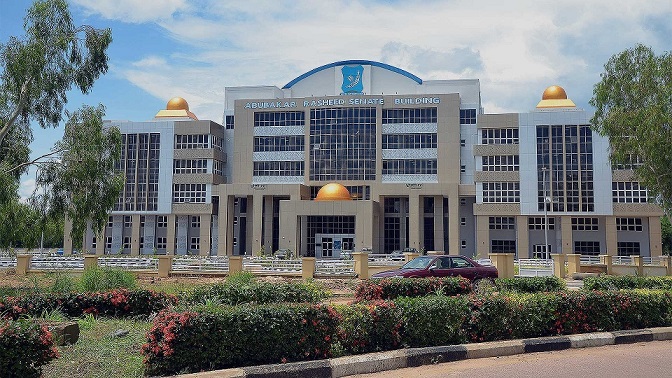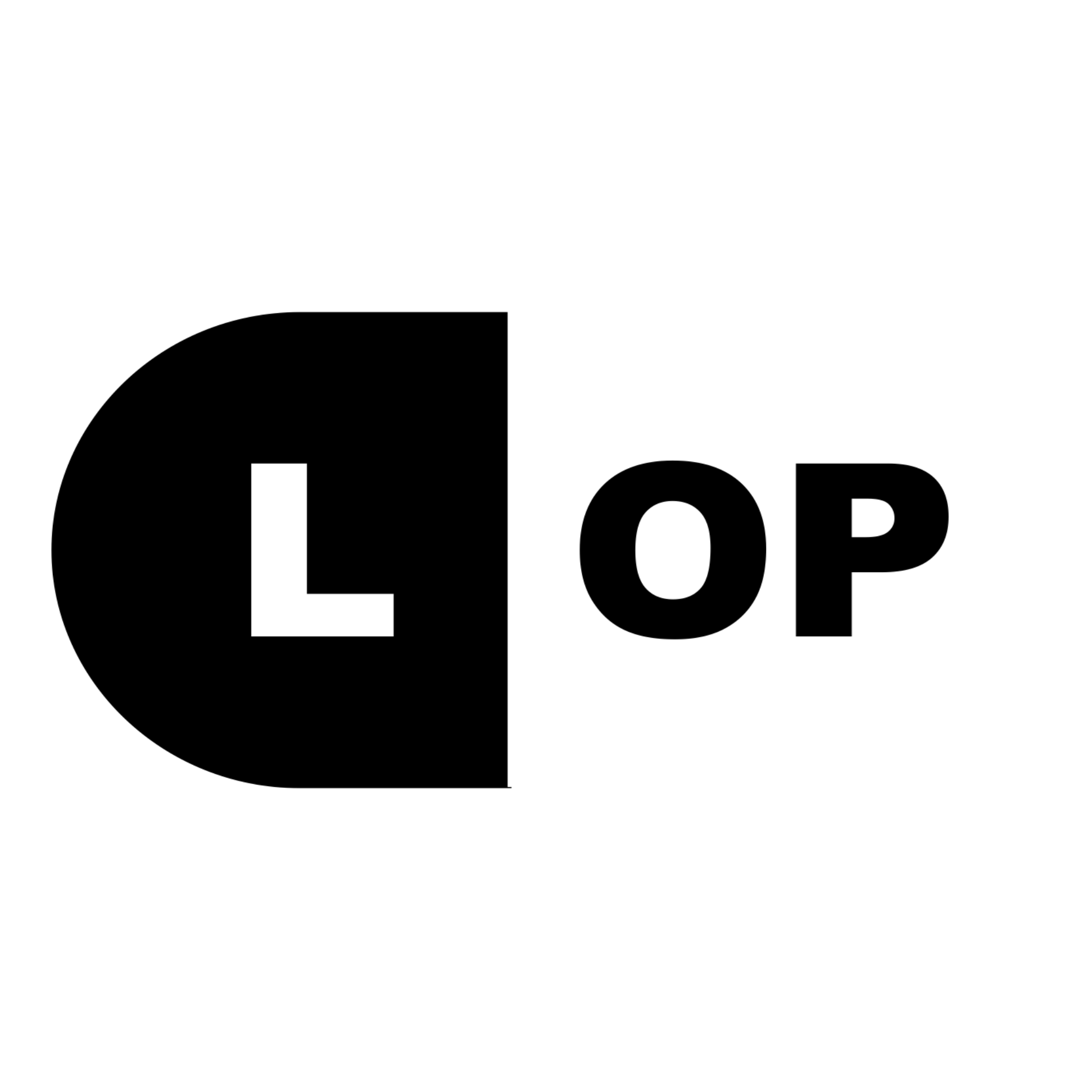
Pursuing a master’s degree is a significant step towards advancing your career and acquiring specialized knowledge.
In Nigeria, several universities offer diverse master’s programs across various disciplines. Understanding the cost of these programs is crucial for prospective students to make informed decisions about their educational journey.
Tuition fees for master’s programs in Nigerian universities vary widely based on factors such as the university’s prestige, location, and the specific discipline of study. Generally, tuition fees for master’s programs in public universities are lower compared to private institutions.
On average, tuition fees for master’s programs in Nigerian universities can range from ₦100,000 to ₦1,500,000 or more per academic year.
This article provides insights into the factors influencing the cost of master’s programs in Nigerian universities and offers guidance on how to navigate the financial aspect of higher education.

Join any of these WhatsApp Groups to receive more scholarships and other opportunities
For chats, help and support, Join our Telegram Community.
Tuition Fee Variation
The cost of master’s programs in Nigerian universities can vary widely based on several factors. One of the primary influences on tuition fees is the type of institution. Public universities generally have lower tuition fees compared to private universities. Additionally, there can be variations within universities themselves, with different departments or faculties charging different amounts based on the program’s popularity and resources required.
Program Type and Duration
The cost of a master’s program can also be influenced by the program’s nature and duration. Some programs, such as those in specialized fields like medicine or engineering, may have higher fees due to the need for advanced equipment and facilities. Also, longer duration programs might incur higher costs.
University Ranking and Reputation
Nigeria has universities with varying degrees of recognition and reputation. Universities that consistently rank higher or have strong reputations might charge higher tuition fees. This is often because these institutions invest in research, faculty development, and modern infrastructure to provide a quality education.
Public vs. Private Universities
As mentioned earlier, public universities in Nigeria typically have lower tuition fees compared to private universities. This is because public institutions receive funding from the government, which subsidizes the cost of education. Private universities rely more on tuition fees to sustain their operations, which can result in higher costs.
Additional Costs
It’s important to note that tuition fees are not the only financial aspect to consider. Additional costs such as accommodation, textbooks, research materials, transportation, and living expenses should be factored into your budget. These costs can vary based on the location of the university and your personal preferences.
Scholarships and Financial Aid
Many Nigerian universities offer scholarships and financial aid to deserving and qualified students. These can significantly reduce the financial burden of pursuing a master’s degree. Research and inquire about available scholarships and funding opportunities offered by universities or external organizations.
Planning and Budgeting
Before applying for a master’s program, it’s advisable to research the tuition fees and associated costs of the universities and programs you’re interested in. This will allow you to create a realistic budget and plan for your education.
Prospective students should thoroughly research and consider all financial aspects to make informed decisions about their education. Exploring scholarships, financial aid, and budgeting strategies can help aspiring master’s students navigate their educational journey.




